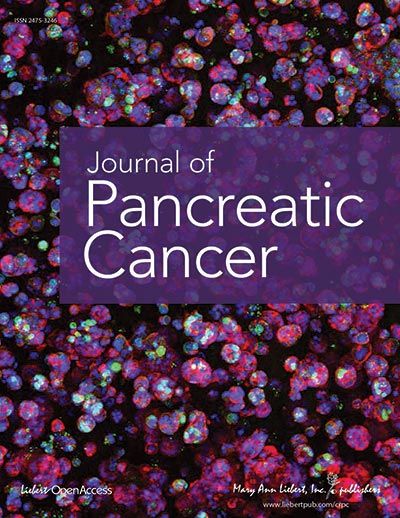Pancreatic cancer is one of the most dangerous forms of tumors due to its aggressive growth, early metastases, and poor response to any known therapeutic treatments. Being a fourth major cause of cancer death nowadays and with foresight to become a second cause of cancer death after lung cancer by 2030, there is an urgent need in new therapeutic strategies that might improve the disease outcome.1 Recently, a growing interest in the anticancer activity of cannabinoids has led to numerous studies that cover more and more types of cancer.2, 3 Natural and synthetic cannabinoids have shown the capability to influence proliferation, migration, and apoptosis of cancer cells by both direct and indirect activation of cannabinoid receptors CB1 and CB2. In pancreatic cancer, the amount of CB1 and CB2 receptors expression in tumor cells was shown to be significantly higher than that in normal cells, opening a path for utilizing cannabinoids’ anticancer capabilities to kill cancer cells without affecting normal pancreatic tissue.
Journal dedicated to the clinical, translational and basic science of malignancies of the pancreas and peripancreatic region.
